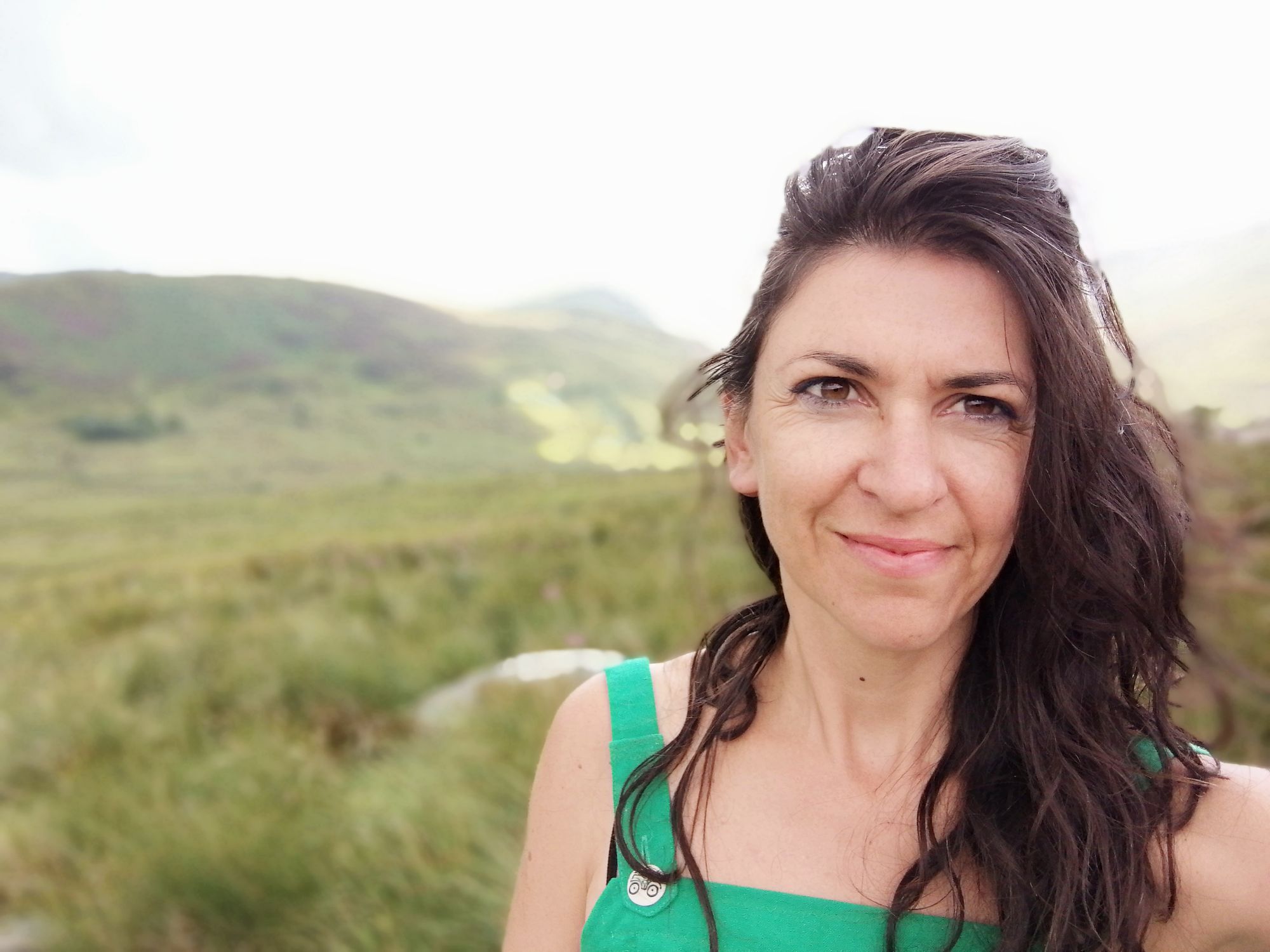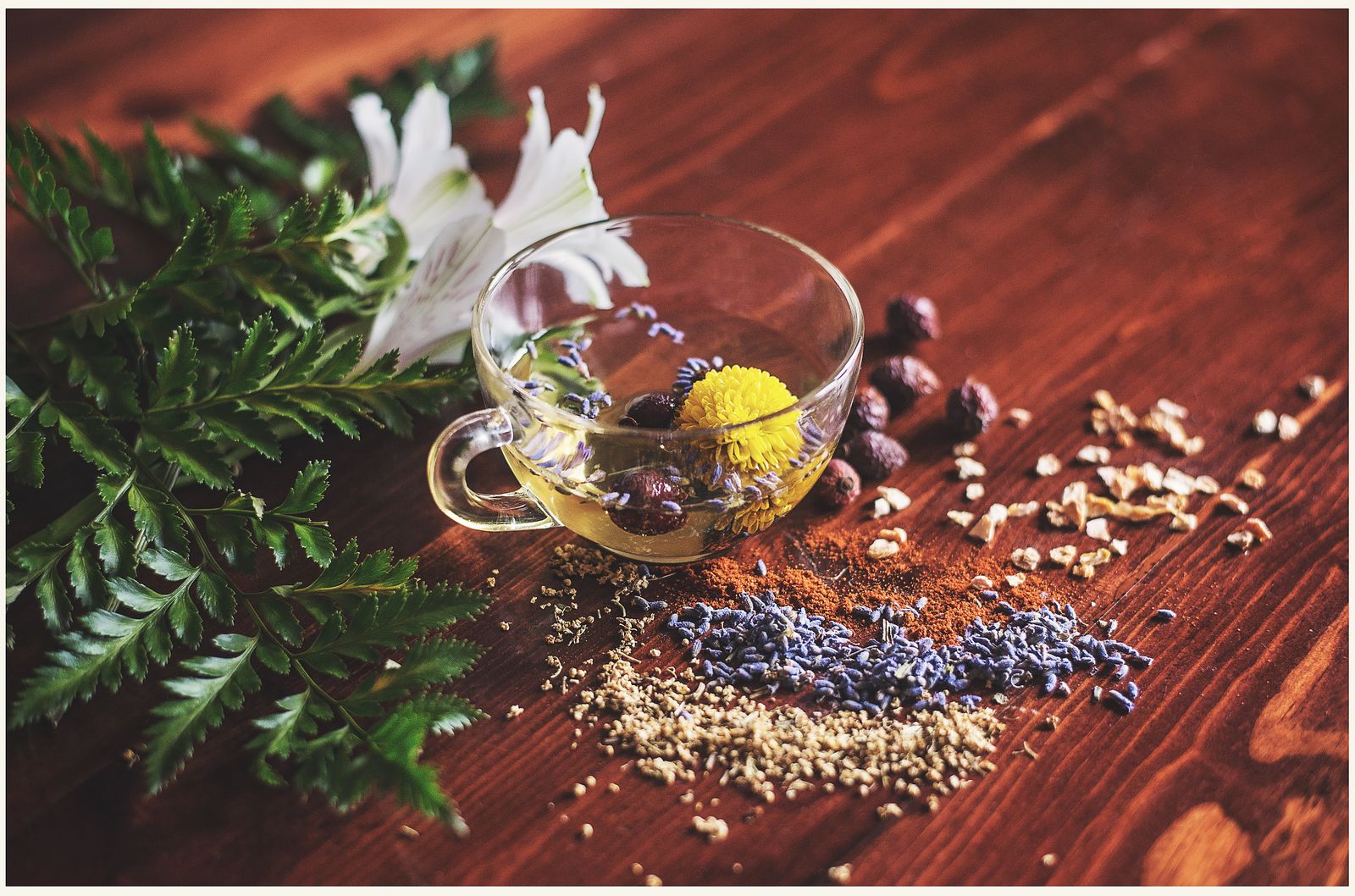
Amaia Dadachanji MNIMH has been practising medical herbalism since she was presented with a bowl of medicinal green water when she became unwell in Mexico aged 19.
Do you drink herbal infusions? Chamomile or mint tea, turmeric lattes or lemon, honey and ginger brews? If so you already have a tiny apothecary primed for gut health. The importance of gut health in relation to wellbeing, in general, cannot be over-emphasized. Many of us, without really knowing much about herbal medicine, already soothe our digestive tracts (from the mouth to the anus, passing through the stomach and intestines) with home remedies that are still, thankfully, in our collective psyche. Others of us will have a more formed apothecary in our kitchen cupboards with herbal medicines for settling the tummy (nerves or gas), heartburn or constipation, amongst other gut conditions.
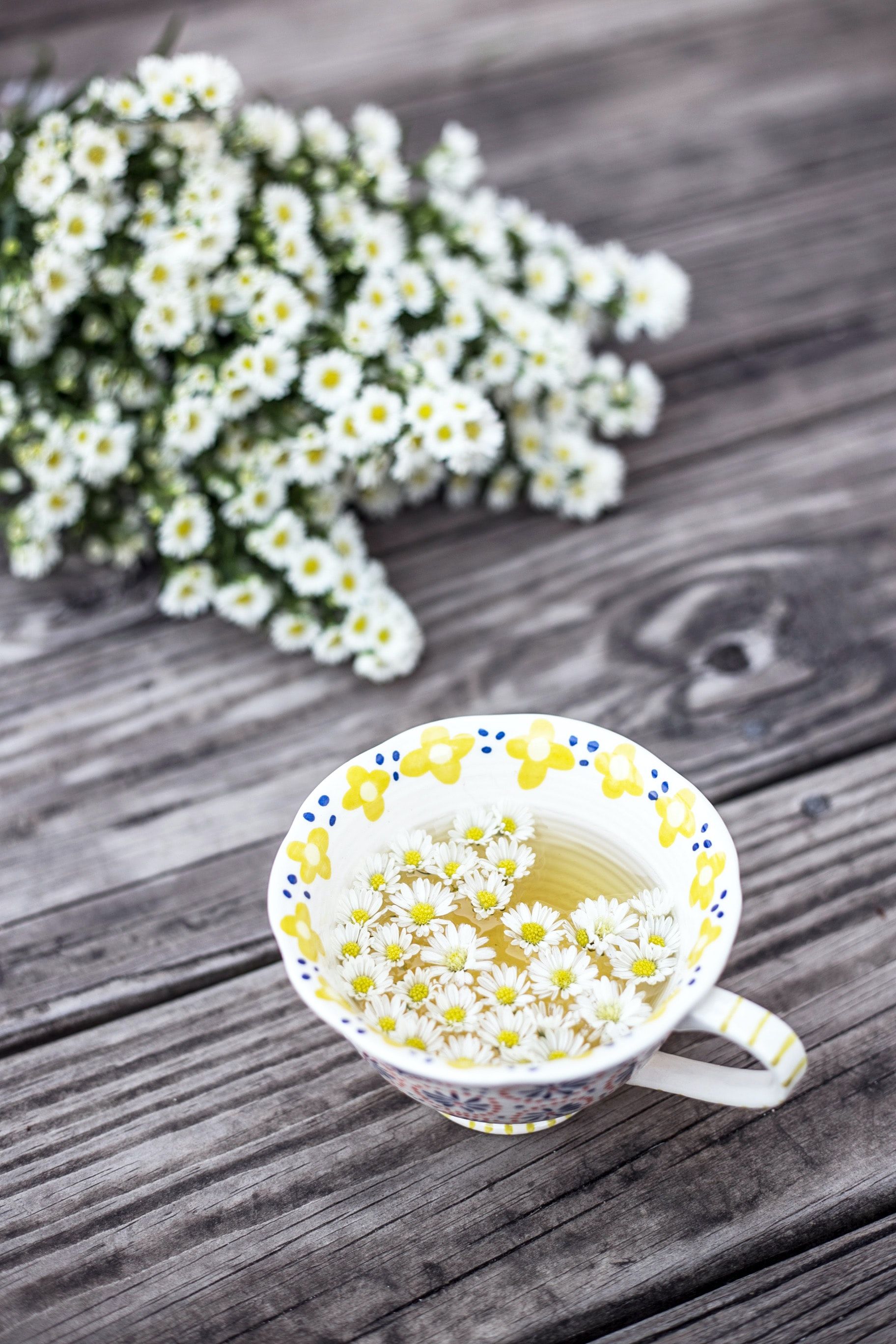
Gut health has an effect on us physiologically and emotionally and examples of conditions affected by our guts range from chronic fatigue to inflammatory bowel diseases to diabetes to stealth infections, skin conditions and anxiety amongst other nervous conditions. In ancient cultures, gut health has been respected enormously and over 2000 years ago Hippocrates famously stated, ‘all disease begins in the gut’ - modern medicine continues to discover new scientific evidence to show how important the gut is for our health.
The Gut Affects Our Emotions and Feelings
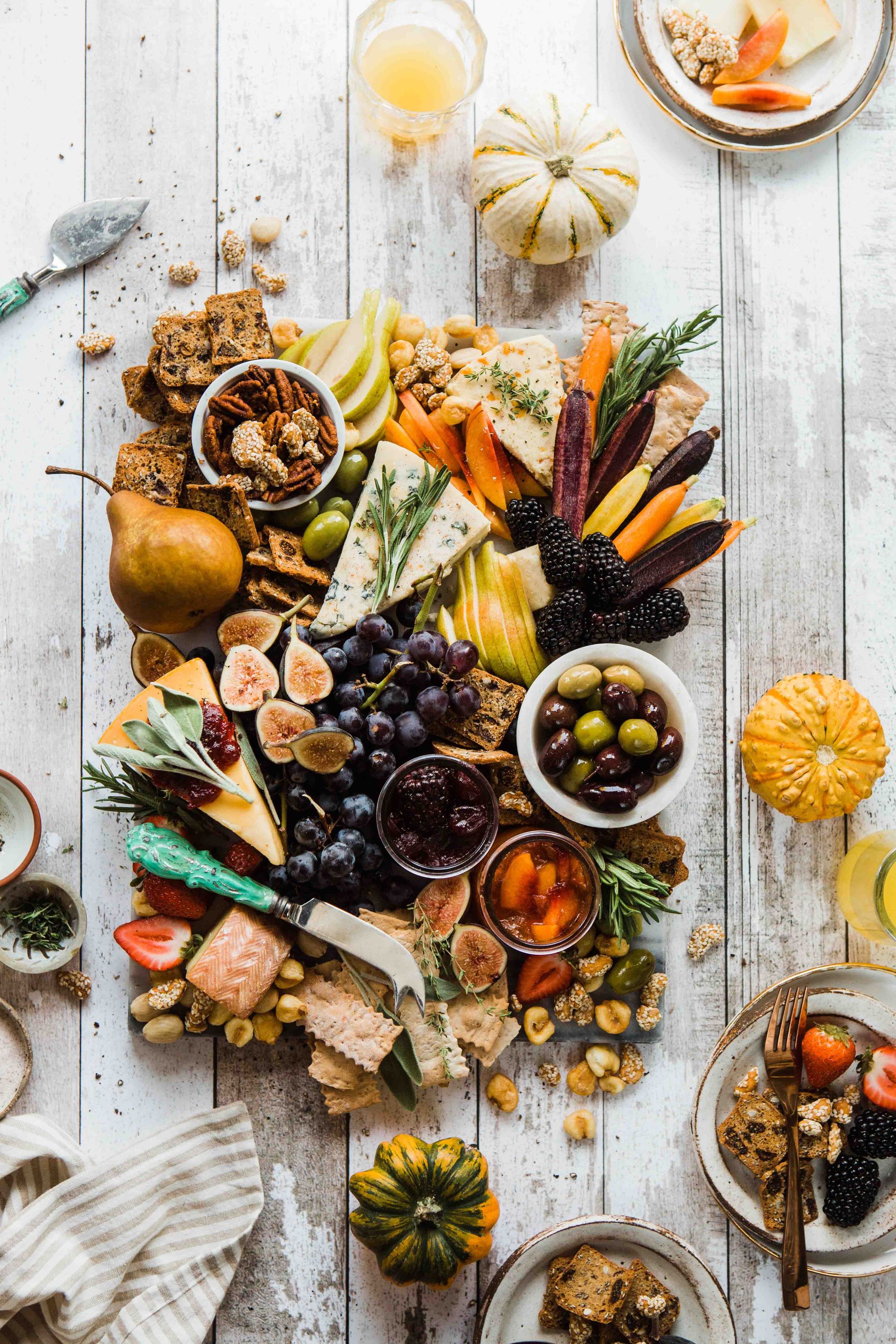
The modern collective knowledge of the gut has changed since social media brought forward a wealth of exciting chefs and beautiful food. Experts have found their voices in a library of nutrition, cookery and self-help books. So many folk now speak of ‘when I stopped eating this’, or ‘started eating that’ my health got better. Our guts, and the bacterial communities within, make almost all of our serotonin which affects so many of our actions and feelings. Our guts are known as our second brain with the power to function even when the vagus nerve connecting our (first) brain and guts is severed. Gut health is key for emotional or mental health as much as physiological health. There is much to discover if you are new to understanding gut health.
The Gut Microbiome
Alongside a healthy ecosystem within the gut microbiome, herbalists will support and explore liver and gall bladder function, gut motility and tone, circulation, dietary habits and external environmental factors. We always look at diet and lifestyle before offering our patients herbal remedies – sometimes a change in diet alone can bring about health. Sometimes introducing bitters to your diet is enough. We have a distinct lack of bitter foods in the western world. Modern western diets are laden with sugars, fast releasing carbohydrates and unhelpful fats alongside insufficient fibre. Herbalists also take into account stress and sedentary life factors that contribute to the dysregulation of our guts. These factors are not to be written off but addressed with care. Allergies, food sensitivities and intolerances are all the more common alongside mass monoculture and non-organic farming practices amongst other modern Our guts may be experiencing low-grade chronic inflammation due to, for example, the ingestion of wheat, or the ingestion of non-organic wheat which has been sprayed with glyphosate. Gut health can be affected by so many factors so addressing it is an intrinsic part of a herbalist’s work.
Plants for Gut Health
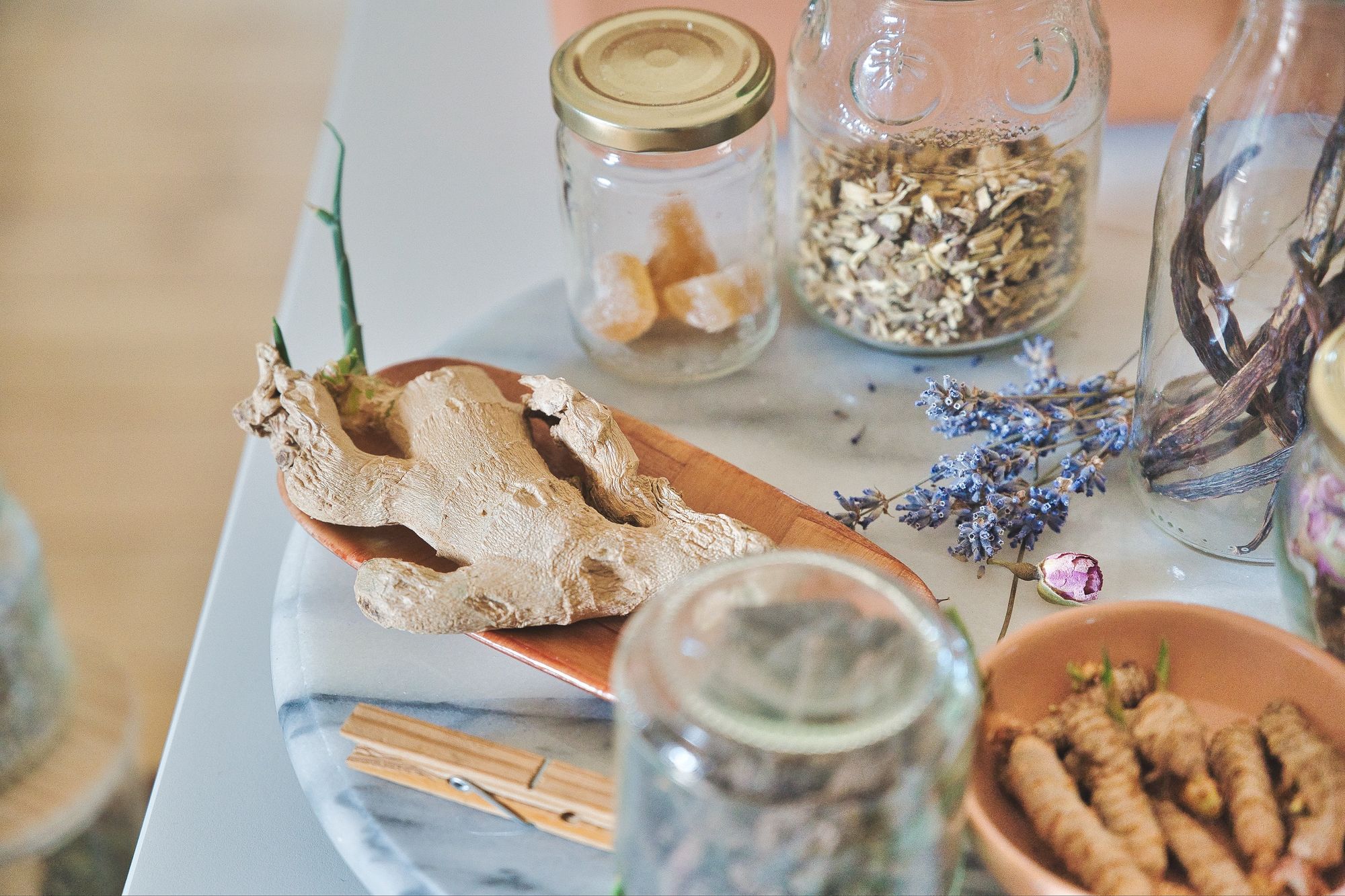
When we choose plant kin for gut health (and therefore health in general), there is much to choose from. The plants we have available to us are incredible. From easily foraged tiny chickweed and cleavers to exotic but abundantly sold ginger, cloves and turmeric, we have gems within the herbal world. Some of these you’ll know already and some, like agrimony, yarrow, meadowsweet or rose you might know but not know you could use and others you may never have heard of like fringe tree, red root or shepherd’s purse.
Here are a few of my favourite herbs that I use in my apothecary all the time – these are easily growable (cultivated in your garden, pots or window boxes) or abundant to forage even in cities. If and when you do forage make sure to forage with good intention, care, respect and humility (we have written about this in our book Wild Apothecary: Reclaiming Plant Medicine for All should anybody like to know more).
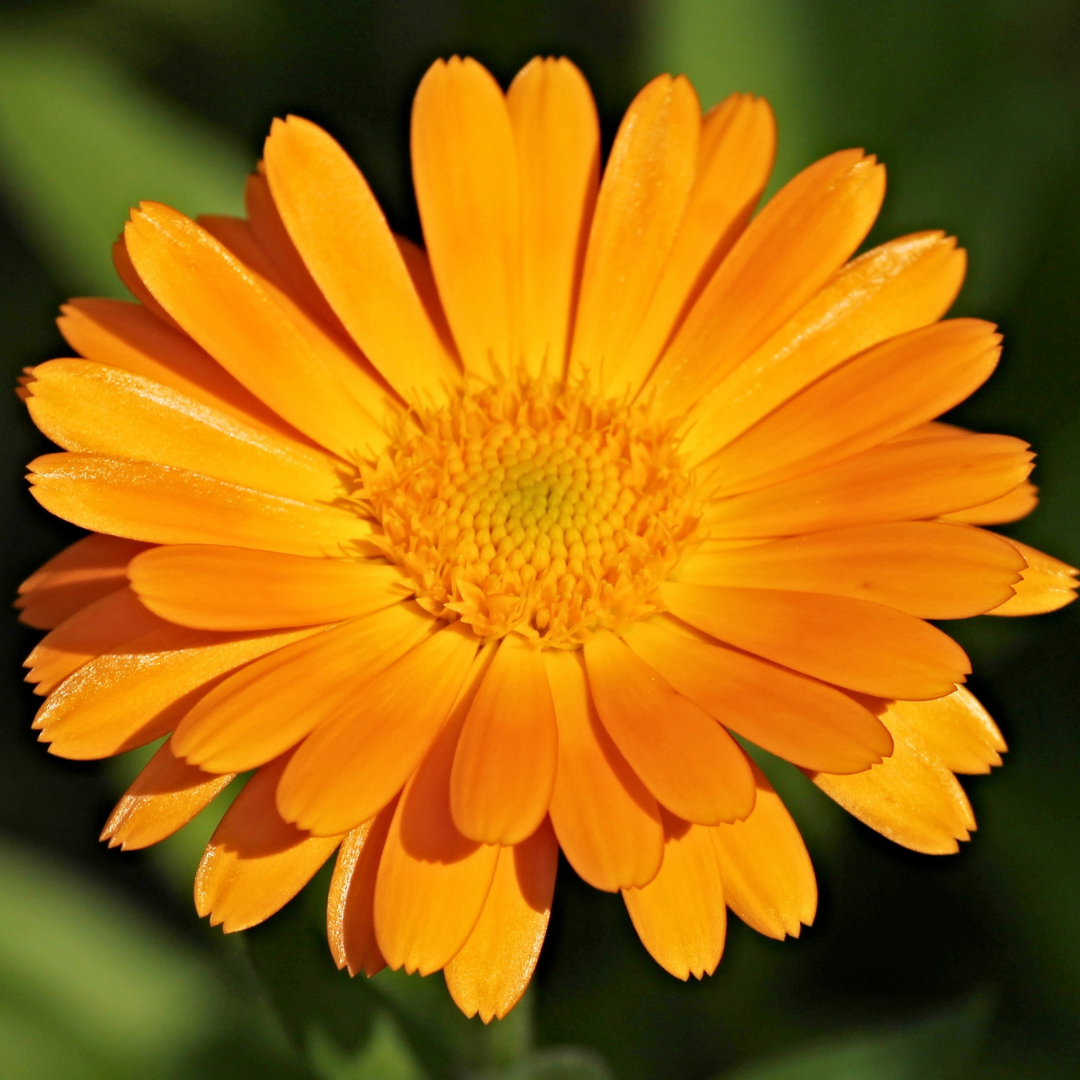
Marigold (Calendula officinalis) – when the botanical name for a plant includes ‘Officinalis’ it denotes that this plant was or is medicinal, so handy to know. Marigold is a beauty of a plant and so so easy to grow. You can literally scatter the seeds and they will grow, often some flowers will hang on all through the calendar year (Calendula). Marigold is an anti-inflammatory and soothes the gut wall where any inflammation may be present. It is an alternative and is fairly astringent so will also contribute to better gut wall integrity. Marigold has been used for a long time and is excellent for skin conditions and lymphatic stagnancy relating to gut issues. I love the flower tea – beautiful orange petals and a pleasant taste.
Agrimony (Agrimonia eupatoria) is my favourite herb, alongside meadowsweet, for gut mucosal healing. Agrimony is astringent and has lots of tannins so physiologically this beauty will help reduce excessive secretions and diarrhoea.
Dandelion - The Brilliant Weed
Dandelion (Taraxacum officinale) is a world-famous weed/food /medicine – in fact, in Ecuador, I came across a beloved patch of cultivated dandelion in the Andes mountains which tickled me. Dandelion is beautiful and has superabundant liver support. It is the plant kin that will clear out the junk on shelves in your detox factory (the liver). Tea, tincture and roasted root coffee are all dandelion bitter remedies, as are the edible leaves and petals. Do get to know this jolly wonder.
Chamomile (Matricaria recutita) – soothing, anti-infective, and bittersweet chamomile is a must in anyone’s gut health apothecary. I like chamomile tea with mint and chamomile glycerite syrup (no sugar just vegetable glycerine and spring water) – kids love it.
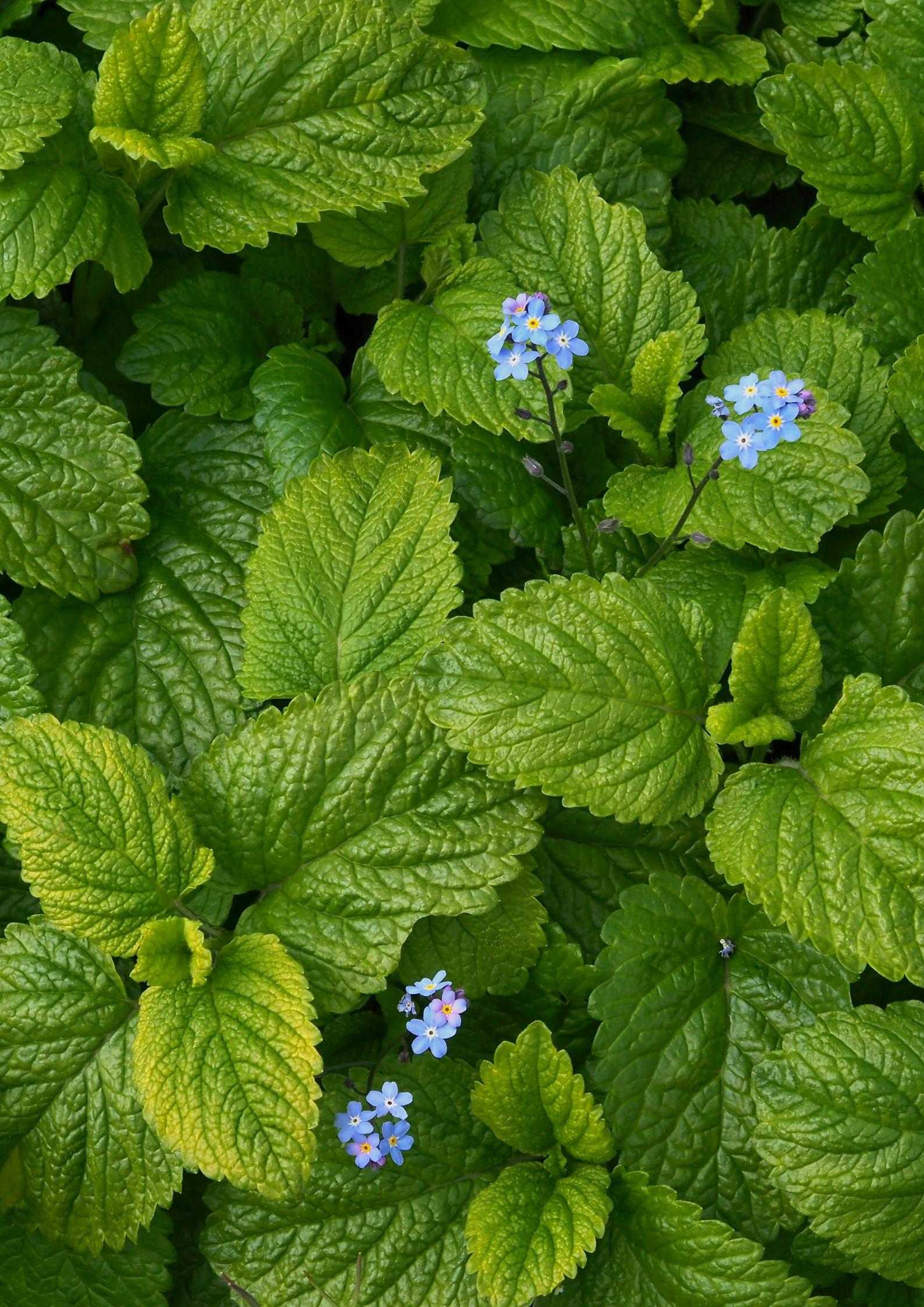
Vervain (Verbena officinalis) – is one of my all-time favourites. This beauty is very easy to grow – it has followed me as I have moved about the country – most likely from tiny seeds in my pockets or boots. It acts as a liver support and bitter digestive. Vervain also nourishes the vagus nerve and is soothing and calming while gently balancing hormones. I would not be without this wonder. I like fresh plant tincture and elixirs of vervain.
There are so many more but if I could gift you one herbal seed of knowledge it would be to incorporate more bitters into your diet.
About Medical Herbalist Amaia Dadachanji
After that green drink in Mexico (it was a herbal infusion for gastroenteritis), Amaia went on to apprentice with herbalists around the world before studying Herbal Medicine in London and went into practice formally 15 years ago. She runs Wild Apothecary in Stroud, Gloucestershire, where she sees patients, teaches, makes products, illustrates and writes. Amaia specialises in women’s health, emotional wellbeing and wild medicine and connection, she is a member of the National Institute of Medical Herbalists and can be contacted at:
